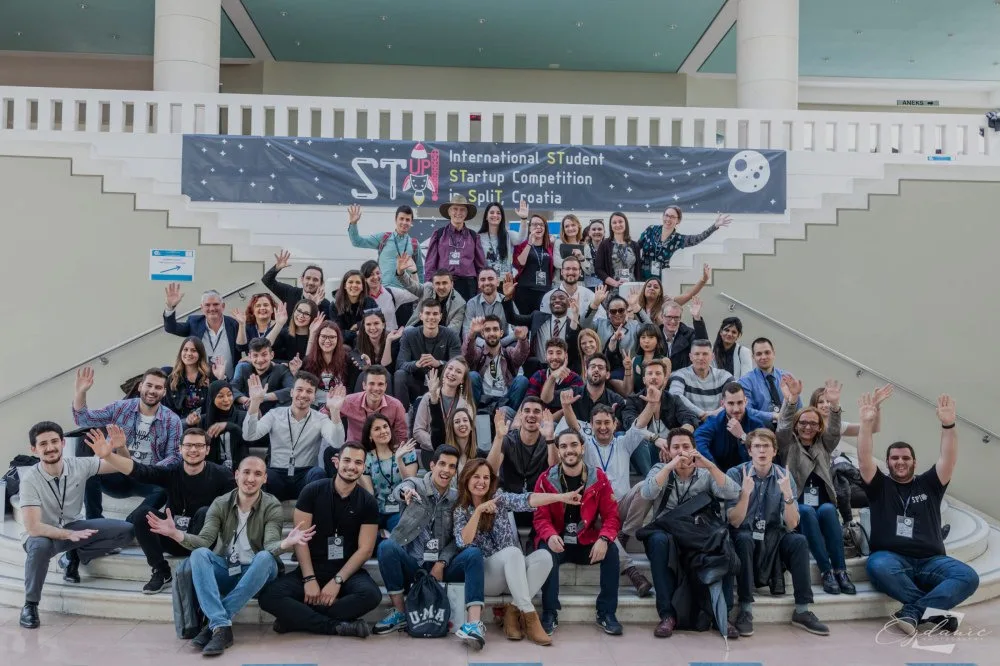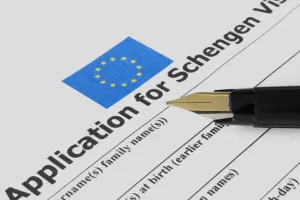
Croatia to attract more international students for Year 2025
Croatia is part of the European Union, It became the 28th member state of the EU on July 1, 2013. Croatia is also part of the Schengen Area, and it uses the Croatian kuna (HRK) as its currency, although there are plans to adopt the euro in the future. This year, Croatia has been urged to introduce student visas to attract more international students and promote cultural exchange
Croatia is actively seeking to enhance its appeal to international students for the 2025 academic year by implementing several strategic initiatives.
Introduction of Student Visas
A significant development is the proposal to introduce dedicated student visas. Currently, non-EU students receive short-term visas and must apply for residence permits annually, which can be cumbersome and deter potential applicants. The Croatian Employers’ Association has advocated for the amendment of the Aliens Act to facilitate the issuance of student visas. This change aims to simplify the process for international students and position Croatia as a more competitive destination for higher education.
Expansion of English-Taught Programs
Croatia is expanding its offerings of English-taught programs to broaden its international appeal. While there are currently 1,848 study programs, only 147 are accredited for instruction in foreign languages. Increasing the number of English-taught courses is expected to attract a more diverse student body and enhance Croatia’s standing as a global education hub.
Attractive Scholarship Opportunities
The Croatian Government offers scholarships for international students pursuing undergraduate, master’s, and PhD degrees. These scholarships provide financial support, including tuition coverage, monthly stipends, and accommodation assistance, to make studying in Croatia more accessible and appealing to students worldwide.
Enhanced Residence Permit Procedures
For studies exceeding 90 days, international students must obtain a temporary residence permit. The Croatian government is working to streamline this process to make it more efficient and user-friendly, thereby improving the overall experience for international students.
Support from Academic Leaders
The push for policy reforms, including the introduction of student visas, has garnered support from academic leaders. Rectors and university officials emphasize that such changes are crucial for attracting international students and addressing challenges like declining enrollment numbers. For instance, Ana Tecilazić of Algebra Bernays University highlighted that the absence of student visas and issues related to health insurance are significant barriers to Croatia’s attractiveness as a study destination.
These concerted efforts reflect Croatia’s commitment to enhancing its educational landscape and attracting a global student community in the 2025 academic year and beyond.



Add your first comment to this post